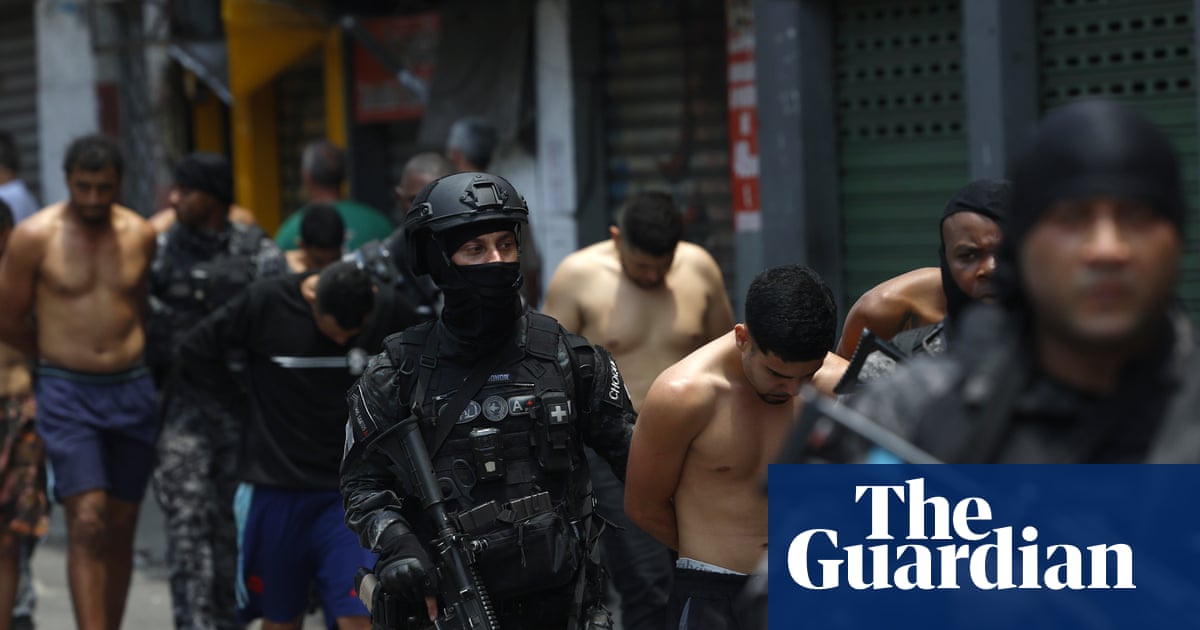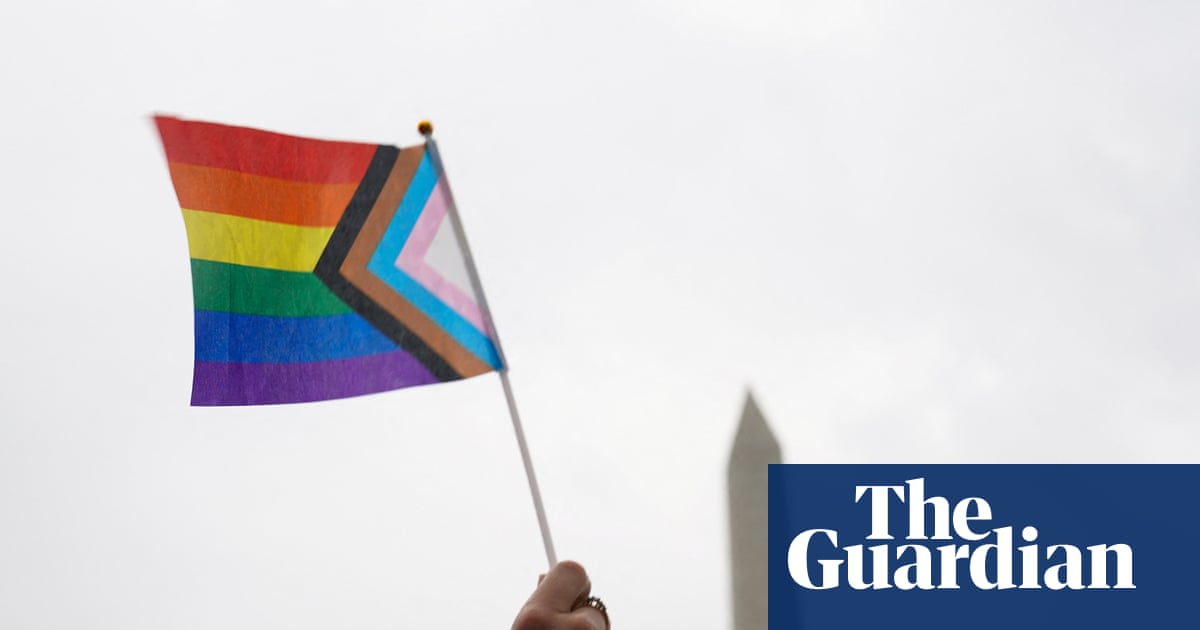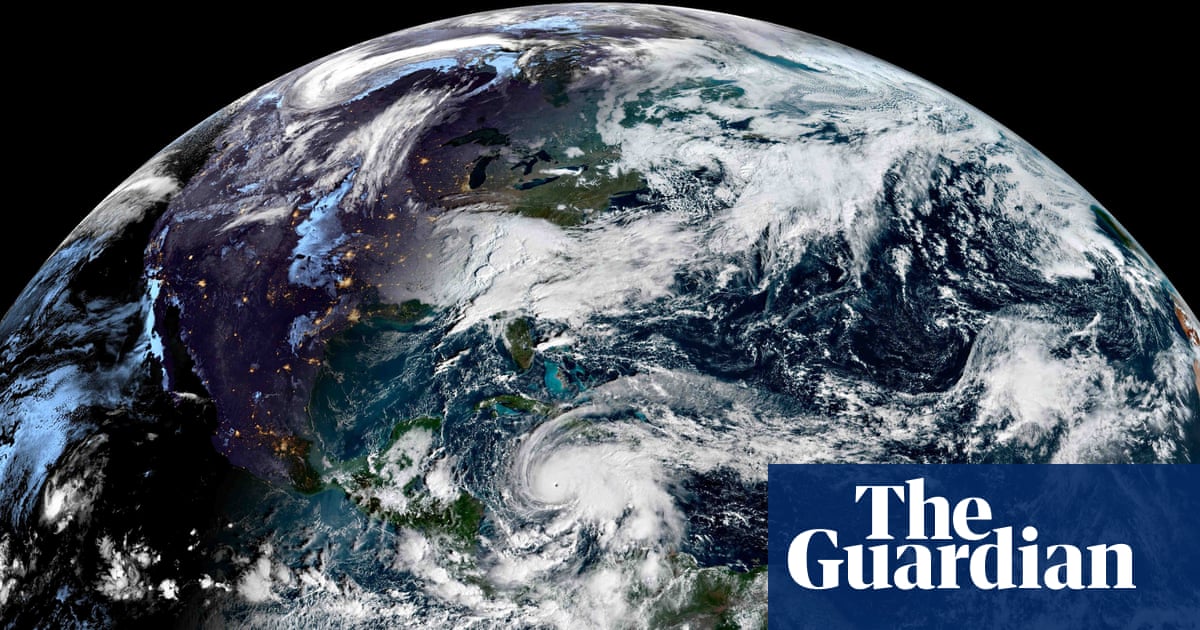A flight carrying immigrants deported from the US has landed in Eswatini, the homeland security department announced, in a move that follows the supreme court lifting limits on deporting migrants to third countries.
In a post online, Department of Homeland Security spokesperson Tricia McLaughlin named five deportees from Vietnam, Jamaica, Laos, Cuba and Yemen and said they were convicted of crimes ranging from child rape to murder.
“A safe third country deportation flight to Eswatini in Southern Africa has landed. This flight took individuals so uniquely barbaric that their home countries refused to take them back,” McLaughlin said late on Tuesday.
In late June, the US supreme court cleared the way for president Donald Trump’s administration to resume deporting migrants to countries other than their own without offering them a chance to show the harms they could face. The decision handed the government a win in its aggressive pursuit of mass deportations.
On 4 July, the US completed deportation of eight other migrants to conflict-plagued South Sudan. The men had been put on a flight in May bound for South Sudan, which was diverted to a base in Djibouti, where they had been held in a converted shipping container.
Tom Homan, the US border tsar, said last week he did not know what happened to the eight men deported to South Sudan, saying: “If we removed somebody to Sudan, they could stay there a week and leave, I don’t know.”
Earlier this month, a top Trump administration official said in a memo that immigration officials may deport migrants to countries other than their home nations with as little as six hours’ notice.
US immigration and customs enforcement (Ice) will generally wait at least 24 hours to deport someone after informing them of their removal to a so-called “third country,” according to a memo dated 9 July from the agency’s acting director, Todd Lyons.
Ice could remove them, however, to a so-called “third country” with as little as six hours’ notice “in exigent circumstances,” the memo said, as long as the person was provided the chance to speak with an attorney.
The memo stated that migrants could be sent to nations that have pledged not to persecute or torture them “without the need for further procedures.” The new Ice policy suggested the Trump administration could move quickly to send migrants to countries around the world.
Human rights advocates have raised due process and other concerns over Trump’s immigration policies that his administration has cast as measures aimed at improving domestic security.
Eswatini, the last absolute monarchy in Africa, has been led by King Mswati III since 1986. The 57-year-old ruler has been criticised for his lavish lifestyle and has faced accusations of human rights violations.
His country, formerly known as Swaziland, is landlocked by neighbours South Africa and Mozambique.
Reuters and Agence France-Presse contributed to this report

 3 months ago
57
3 months ago
57

















































